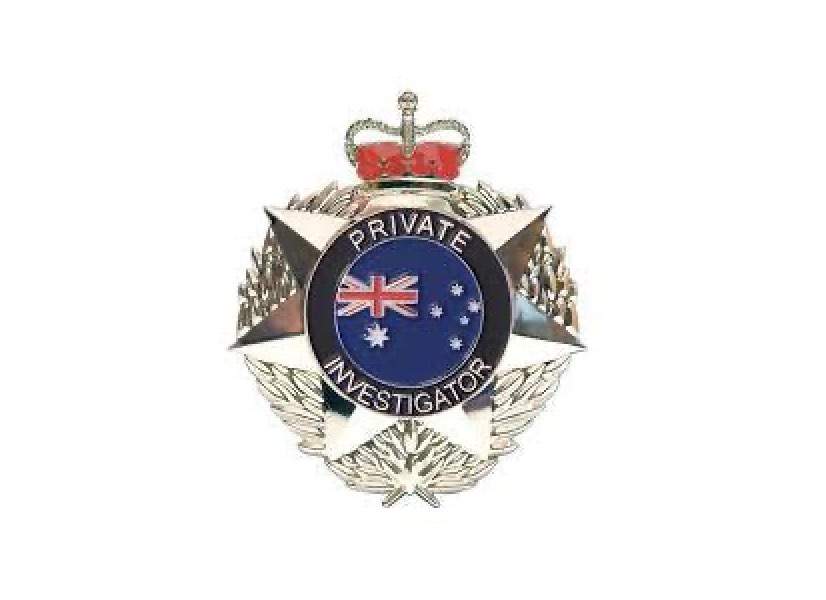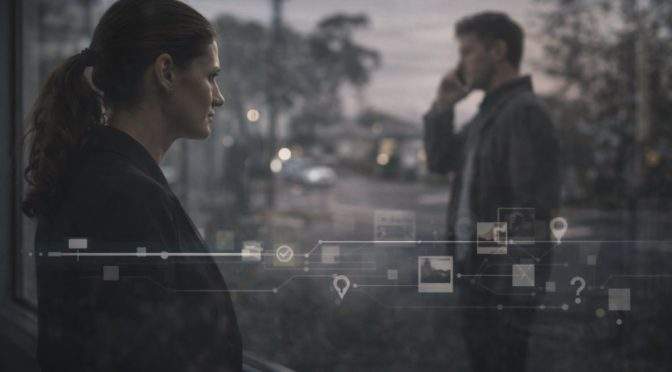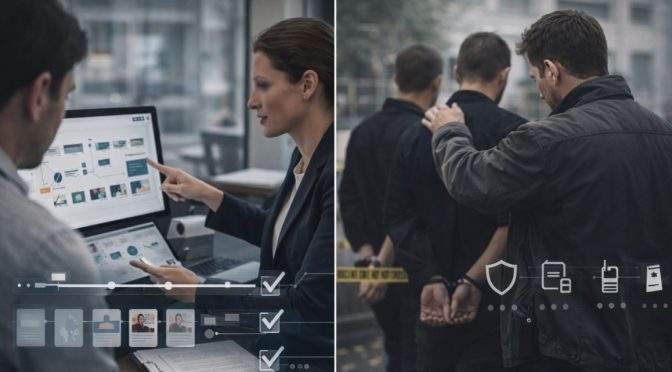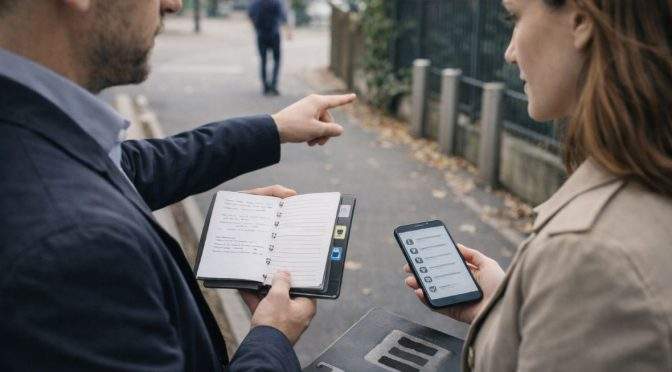If you’re planning to start your detective or private investigator career in Australia, there are a few things you need to know first in order to successfully gauge your way into the industry. Understanding how to become a detective and what qualifications you need to be a detective are crucial steps in the right direction.
Although it’s not an easy career choice, many people are interested in becoming detectives or private investigators because of the excitement, challenge and potential rewards that come with the job. But, it’s important to stay realistic in your career goals and comprehend what you have to study to be a detective and what degree you need to be a detective. This industry also comes with a great deal of responsibility.
If you think you have what it takes to be a successful detective or private investigator in Australia, here are a few tips on what you need to know.
5 Ways to Become a Detective or Private Investigator in Australia
1. Get the right qualifications
To become a private detective in Australia, you will need to complete the Certificate III course in Investigative Services from an RTO (recognized training organization). Some known organizations are TAFE or ASSI (The Australian School of Security and Investigations). Researching what study is needed to become a detective can provide essential insights on your qualification path.
To obtain a license, you must first complete an accredited Certificate III in Investigative Services or a similar qualification. Once you have completed your studies, you will then need to apply for a PIL from your state or territory’s business licensing authority. Understanding how to become an investigator by acquiring the right certifications is pivotal.
2. Be prepared for the challenges
Working as a detective or private investigator can be both mentally and physically demanding, so it’s important that you are prepared for the challenges that come with the job, encompassing what do you need to be a detective. You will need to have excellent problem-solving skills, as well as being able to think on your feet and act quickly in difficult situations. Exploring what do detectives study will aid in preparing for these roles.
3. Have a clean criminal history
One of the requirements for obtaining a PIL is that you have a clean criminal history. This means that you cannot have any convictions for offenses relating to fraud, violence, drug use, or sexual offenses. This narrows down on what qualifications do you need to be a detective, emphasizing the importance of a clean history.
Make sure you don’t get yourself involved in some shady business or have any run-ins with the law before you apply for your PIL. This is important since you’ll be conducting investigations into other people’s lives and crimes, and you need to be able to demonstrate that you’re trustworthy and ethical.
4. Build up your experience
While you are studying for your Certificate III in Investigative Services or a similar qualification, it’s a good idea to start building up your experience in the industry by working as an intern or volunteer for a detective agency or private investigator firm. This approach embodies how do I become a detective by gaining hands-on experience.
This will give you a taste of what the job is like and help you to develop the skills and knowledge that you need to be a successful detective or private investigator.
5. Join a professional association
One of the best ways to build up your experience, network with other professionals, and stay updated with industry news is to join professional associations to build your local and industry networks. These associations often advertise what degree do you need to become a detective and what qualifications do I need to be a detective.
Being a member of a professional association will also give you access to exclusive training and development opportunities, which can help you to further your career.
These are just a few tips on what you need to know if you’re interested in becoming a detective or private investigator in Australia. If you have the right qualifications, experience and attributes, then this could be the perfect career for you.
What do Detectives and Private Investigators Do?

Detectives and private investigators are responsible for conducting investigations into crimes, accidents and missing persons. They collect evidence, take statements from witnesses and suspects, and prepare reports for their clients.
In some cases, they may also be required to testify in court.
But most commonly, they work on behalf of private individuals or businesses to investigate cases of fraud, theft, embezzlement, cheating spouses and missing persons.
If you’re thinking about all the detective stuff you see on TV, then you’re not too far off. But in reality, the job is often a lot less exciting – and a lot more paperwork intensive!
What Skills Do You Need to Be a Detective or Private Investigator?
In order to be a successful detective or private investigator, you will need to have excellent problem-solving skills, as well as being able to think on your feet and act quickly in difficult situations.
Here are some basic skills that you will need:
Good communication skills
Excellent written and verbal communication skills are essential for detectives and private investigators, as they often have to take statements from witnesses and suspects. They also need to be able to communicate their findings to their clients in a clear and concise manner.
Plus, if you’re working on a case that requires you to go undercover, then you’ll need to be able to convincingly play a role and not give yourself away.
Observation skills
A large part of being a detective or private investigator is observing people and trying to spot clues that others might miss. So, you will need to have sharp observation skills and pay attention to even the smallest details.
Analytical skills
In order to be successful in this role, you will need to be able to analyze data, identify patterns and draw conclusions from your findings. This means that you need to have strong analytical and critical thinking skills.
You will need to be able to work independently
As a detective or private investigator, you will often have to work on your own for long periods of time. This means that you need to be able to stay motivated and focused, even when there is no one else around to give you direction.
Specializations and Areas of Focus
In the multifaceted world of law enforcement and investigation, understanding the distinction between various specialized roles is fundamental for those aiming to forge a career in this rigorous field. Police detectives with the Australian Federal Police or within the Criminal Investigation Department play a pivotal role in upholding the law across diverse regions such as New South Wales, often requiring exceptional physical fitness and a sharp investigative acumen.
On the other side of the spectrum, private investigators operate independently, delving into matters outside the public sphere, from personal background checks to complex corporate investigations. Equally critical are government investigators, who may not be as visible as their counterparts but are key cogs in the wheel, ensuring compliance and regulatory adherence, as reflected in the analysis presented by the Bureau of Labor Statistics. Being adept in one’s chosen path demands not only a firm grasp of specific investigative techniques but also an unwavering commitment to the ever-evolving demands of the justice system.
Police Detectives
In my progression through the ranks, my ambition was set on achieving the level of superintendent within the Australian police force. This title comes with a deep responsibility—a step that necessitates continuous learning and a breadth of experience in handling an increasingly complex portfolio of cases.
Adhering to the Australian Qualifications Framework, my educational pursuits had to align with the competencies expected of a chief superintendent. Emphasizing leadership in operations and an increased awareness of mental health issues, the framework fostered an environment conducive to developing the required skills and knowledge for advanced investigational roles:
Adopt a lifelong learning attitude to remain abreast of the latest policing techniques and legal amendments.
Engage in advanced training programs to understand the intricate dynamics of leading investigative teams effectively under stress.
Foster an environment that recognizes and adequately addresses mental health concerns, both within the force and the community we serve.
Private Investigators
My first foray into the role of a private investigator began soon after receiving my qualification from a registered training organisation. Unlike my previous positions, my recruitment into the private sector was catalyzed by the demand for expertise in leveraging technology to solve complex cases.
While my peers moved towards roles within the public sector, my own path veered towards an international landscape, where assignments often found me collaborating across borders, particularly with partners in the United separate Sentence. It was a career choice that rewarded the investigative foundation laid by my high school diploma and propelled by the continuous learning in technological advancements.
Government Investigators
Joining the ranks of government investigators often necessitates working alongside entities like the federal bureau of investigation, particularly for cases with national security implications. My pathway to this sector was marked by a stringent vetting process, reinforcing the need for impeccable citizenship records and a palpable commitment to mitigating acts of violence through meticulous criminal investigation.
Attaining the role of a government investigator, I realized, was contingent upon not just my past experience but also obtaining specialized certifications that testify to both expertise and ethical integrity. These certifications are crucial signifiers of proficiency in a wide range of investigative strategies employed to counter and solve complex criminal activities.
Start your Detective or Private Investigator Career
If you’re interested in becoming a detective or private investigator, then there are a few different ways that you can start your career.
At Sydney Private Investigator, we hire both inexperienced and experienced individuals. We also offer on-the-job training for those who are new to the industry.
For more information about our services, or to find out how you can start your career as a detective or private investigator, contact us today at 1300 721 715 or email us at info@sydneypi.com to speak to one of our friendly team members.













